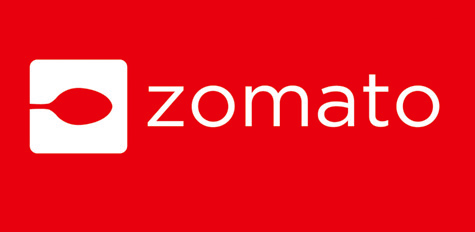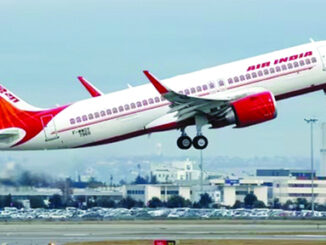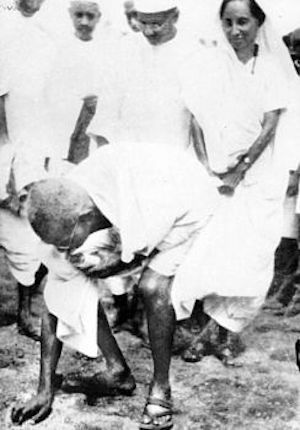
NEW DELHI (TIP): The government gave fuel retailers some leeway on January 17 to raise prices of heavily subsidized diesel, distancing itself from an unpopular policy ahead of elections while trying to revive an economy growing at its slowest pace in a decade. Fuel subsidies are a drain on India‘s finances and the government is struggling to bring the deficit within a target of 5.3 per cent of gross domestic product for the financial year ending March. India is the world’s fourth biggest oil importer. The government emphasized that any price rises would be small, raising questions over how much freedom the staterun oil firms will really have. Petrol largely remained under government control after a similar policy was introduced in 2010.
Oil minister Veerappa Moily said the new system gave oil companies some liberty to set prices, but cautioned that diesel subsidies could not be suddenly ended. “We cannot abruptly put an end to the subsidy or the under-recovery. Looking into all the economic aspects, we have taken the decision to give oil companies the liberty to make small corrections,” he said. Share prices rose sharply in India’s main oil marketing companies, which suffer losses selling fuel below cost. The rupee hit a one-month high, while yields on Indian bonds dropped in a sign the market expects the new policy will result in lower subsidies in the medium-term. The government also loosened a cap introduced in September on the number of subsidized cooking gas cylinders permitted to each household after widespread criticism the quota was unfair on the poor. The cap will now be nine cylinders per year, up from six. That is expected to add 93 billion rupees ($1.70 billion) to the annual subsidy bill, an oil ministry source said.
Balancing act “This is a brilliant balancing act between politics and economics. This is one step backwards and one step forward,” said NR Bhanumurthy, professor at the National Institute of Public Finance and Policy. “While the decision on the LPG cylinder will pacify their political constituency, the decision on diesel sends out a message to the (central bank) that the government is serious about tackling subsidies and controlling the fiscal deficit.” The Reserve Bank of India (RBI) has long called on the government to reduce its fiscal deficit, which drives government borrowing and keeps upward pressure on interest rates. The central bank meets on January 29 to set monetary policy and has signaled that it is likely to cut interest rates.
Ratings agencies had threatened to strip India of its investment-grade credit rating if the government did not take steps to curb the widening fiscal deficit. Finance minister P Chidambaram has vowed that the deficit will not exceed 5.3 per cent of GDP this financial year. Prime Minister Manmohan Singh’s government, which must hold general elections by early next year, is trying to revive Asia’s third largest economy, which is set to grow at 5.7-5.9 per cent this fiscal year, its weakest rate since 2002/03. Singh was the architect of a wave of economic reforms in the 1990s credited with ushering in two decades of fast growth. In a new push since September to liberalize India’s economy, he opened sectors, including retail and aviation, to more overseas investment and cut subsidies on fuel and rail fares.
EMPHASIS ON “SMALL” India imports 80 per cent of the crude oil it refines into diesel, about 3.7 million barrels per day, and benchmark Brent crude prices were at their highest annual average on record last year at around $111 a barrel, significantly raising its energy bill. Diesel accounts for about 40 per cent of India’s fuel consumption, and the stateowned fuel retailers lose 9.6 rupees (18 US cents) for every litre of diesel sold. Chidambaram said he did not know when, or by how much, diesel prices will be increased but said consumers should not fear big jumps. “I emphasize the word ‘small’. Small corrections from time to time. That I believe the petroleum ministry has allowed the oil companies,” he told reporters.
Diesel demand has been very resistant to price hikes. A 5 rupee per liter price hike in September was followed by month-onmonth rises in diesel sales. The government liberalized petrol prices in June 2010, but has often prevented costs from being raised to reflect rising oil prices on global markets. Fuel subsidies comprised more than 5 per cent of the government’s budget spending in previous 2011/12 budget. Asked if raising diesel prices would affect this year’s subsidy bill, Chidambaram said the effect was so far unclear. “I am proceeding on the basis that the subsidy bill remains the same. When they will make the small corrections, how much, I cannot say,” he told reporters.





Be the first to comment